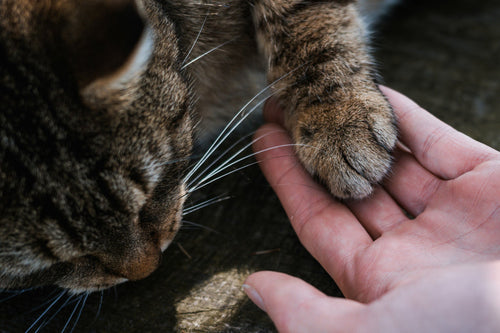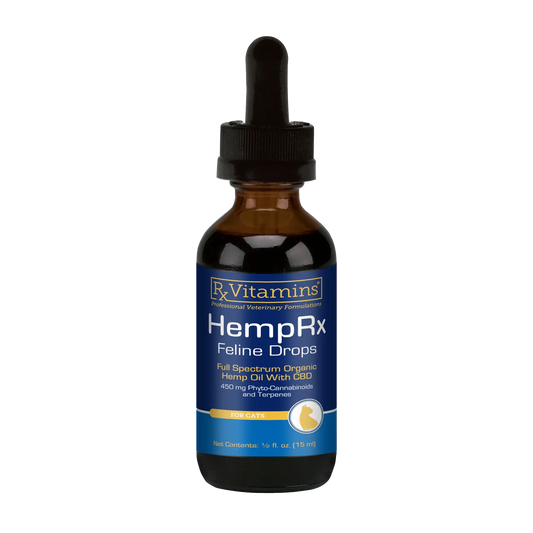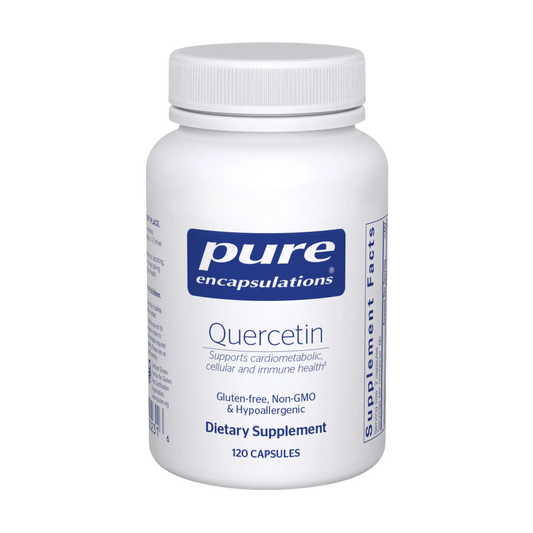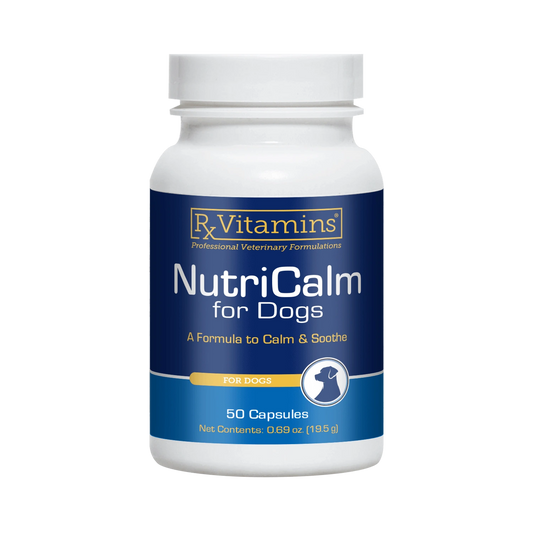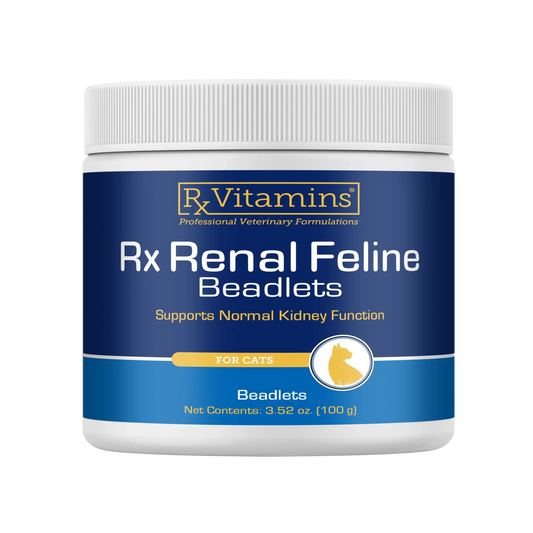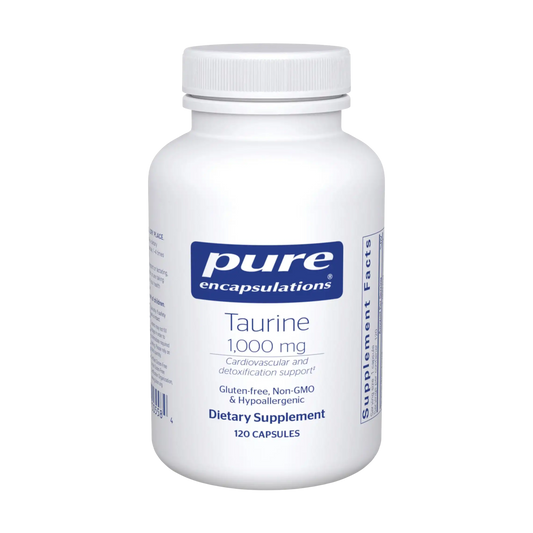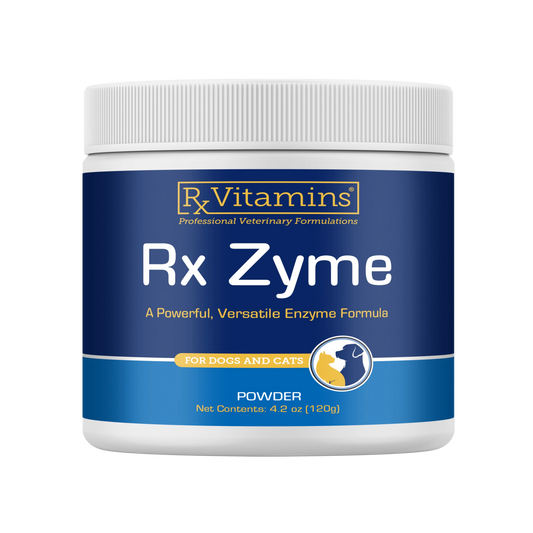Pancreatitis in dogs can range in severity from mild flare ups that are relatively easy to manage to severe episodes that can land your dog in the emergency clinic, and many pet parents will feel at a loss for how to support their best friend through these flare ups. In this article, I will discuss at-home approaches that you can implement for managing your pup’s pancreatitis, as well as understanding when it’s time for hospital intervention.
Diagnosing pancreatitis in dogs.
Because signs and symptoms of pancreatitis are similar to that of many other medical conditions, it is important to have your pup examined by a veterinarian to ensure that other conditions are not causing or contributing to your dog’s illness.
Signs of pancreatitis in dogs include:
- Nausea and vomiting
- Low or lack of appetite
- Abdominal pain
- Diarrhea
- Lethargy
Diagnosing pancreatitis in dogs often includes ruling out other conditions with the above symptoms. Your veterinarian may want to run blood work or perform abdominal radiographs. An abdominal ultrasound may also be recommended. Depending on the severity of your pup’s case, your veterinarian may consider adding medications (oral, intravenous, or subcutaneous) for pain, nausea, or fever. Fluid therapy prior to discharge may also be recommended. We will discuss more about when hospitalization is recommended below.
At-home care
It’s important to understand that pancreatitis in dogs can be acute or chronic.
Cases of acute pancreatitis in dogs are those that have a sudden onset, and symptoms in these cases are often more severe. A common trigger for acute pancreatitis is when your pup finds their way to an all-inclusive trash buffet or is fed a very high-fat treat or meal—often around the holidays!
Chronic cases of pancreatitis in dogs are, you guessed it, chronic and long-lasting. Symptoms in these cases are often less severe, but more persistent, than those in acute cases. However, dogs who suffer with chronic pancreatitis may experience worsening symptoms over time and may have periods of more severe, acute flare ups.
At-home management and care for your pup’s pancreatitis may vary depending on whether they are experiencing the acute or chronic version of this condition.
Managing pancreatitis in dogs at home may include:
- Diet. The best diets for managing either acute or chronic pancreatitis in dogs are low fat diets. These diets tend to be highly digestible, allowing for less work on the pancreas. For dogs with acute cases, a low-fat diet may be temporary. Dogs with chronic pancreatitis will likely maintain a low-fat diet indefinitely. There are many low fat prescription and commercial diets available, or you can home cook a low fat diet using BalanceIt.
- Small, frequent meals. During initial recovery, feed smaller portions more often (e.g., split two daily meals into four). After 1–2 days of success, consolidate to three meals, then transition back to normal as your dog improves. You can mix warm water into meals to boost hydration. If vomiting or diarrhea continues, consult your veterinarian.
- Keeping your dog’s pharmacy up to date. For dogs with a history of pancreatitis, maintain an at-home supply of prescribed anti-nausea, anti-diarrheal, and pain medications. Always coordinate with your veterinarian before starting a new round, but keeping meds on hand can speed relief when flare ups occur.
- Supplements. Support gut health with a quality probiotic once the flare up has resolved. Favorites include RxBiotic and Thorne Bacillus Coagulans. Start supplements one at a time.
When pancreatitis is an emergency.
Not all cases of pancreatitis in dogs can be treated at home, and severe cases can be life-threatening. Do not hesitate to take your pup to an emergency veterinarian if they have a fever, bloody diarrhea, persistent vomiting/diarrhea, or lack of appetite. If you feel concerned at all, call your veterinarian—it's never wrong to seek guidance.
Management of pancreatitis in dogs can be tricky and overwhelming. By empowering yourself with tools at home and working with a veterinary team you trust, you can often make the recovery process smoother and easier for both you and your dog. This is not easy, and you’re doing a great job!
What at-home remedies have worked for your pup?
With love,
Dr. Angie


